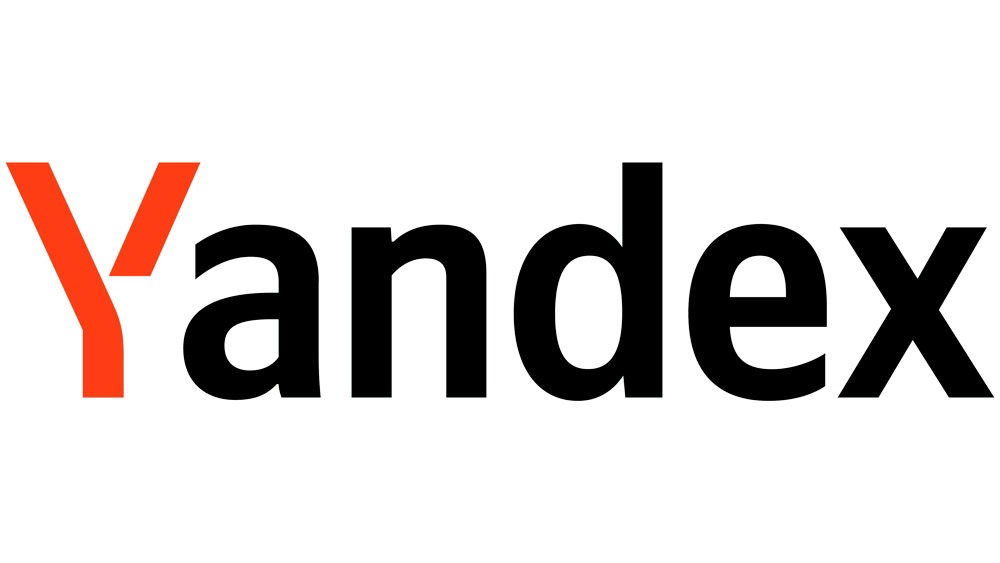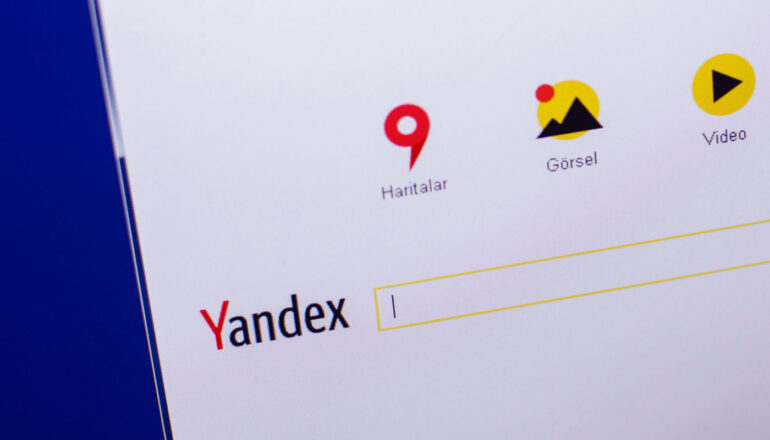Choosing the correct geographical market for your online business is one of the most important steps you can take. Of course, it’s important to have knowledge of all the unique traits and other information about the place you’re targeting – and the digital market in Russia is not an exception to this rule.
As a country, Russia has a massive population – and the number of people making purchases online has been steadily growing for a while now. From that standpoint, Russia’s digital market is extremely attractive.
There are several points of interest that you need to be aware of before attempting to approach the Russian online market, such as:
- A relatively low percentage of people knowing the English language, so translating all of your content into Russian is a crucial first step in your SEO efforts
- There are three main domain zones that are commonly used in Russia – .ru, .su, and .рф, with .ru being the largest one out of the three. Using these domains might go a long way in improving user confidence in your website
- Remember that Google is not the only massive participant in online marketing in Russia, since there’s also a different search engine called Yandex that takes up a bit less than half of the entire number of search requests in the country
- Keep the target audience of your advertisements in mind when planning marketing campaigns, since there is a law in Russia that serves as an obligation for the entirety of advertisement content to be marked with an age limit
- While the average cost per click in both Yandex and Google is not particularly high in Russia, especially in comparison with European or North American click prices, it’s still substantial enough to have the need to track ad expenses and ROI
Yandex is a massive Russian IT company that owns the search engine with the same name and operates in several countries. The biggest markets for Yandex so far are Russia, Kazakhstan, Belarus, and Turkey. The company itself offers a wide variety of services, such as Browser, Disk, Mail, Money, Translate, etc.

Despite the fact that Google and Yandex are competitors in this market, there are certain similarities in the way they work when it comes to SEO, with some Google SEO methods working relatively successfully for Yandex in the first place. At the same time, it’s still highly recommended to use Yandex-specific SEO methods, even if you’re already using Google for the same goal.
Top 20 iPhone Apps for Women-At least she is responsible to have one!There are several factors that you need to keep in mind when considering search engine optimization in Russia through Yandex, including:
- Yandex pays special attention to various commercial ranking factors
- Yandex is borderline perfect in morphology and grammar of the Russian language, meaning that Russian-translated websites can be indexed more easier
- The availability of many additional services that are connected with the Yandex search, as well as the overall locality of Yandex search as a whole can provide more context in similar situations than any other search engine that is not as well-versed in Russian culture or language
Generally speaking, there are over a thousand different factors that affect the SEO results in Yandex. However, it is possible to segregate those factors into six groups, as presented below:
- External and internal links to the website
- Technical SEO
- Commercial SEO
- Behavioral patterns
- Host-related information
- Page’s contents
Another difference between Google and Yandex is in the way of interacting with user behavior. Unlike Google, which does not directly link user behavior and the rating of a website, Yandex openly admits that a lot of actions of visitors have a direct effect on a website’s position in the search.
How to Start a Freelance Career in Graphic DesignMany different factors are used in the process of user behavior analysis, such as spending a lot of time on a website and navigating to different pages, as well as the bounce rates, and the analysis does not stop here, either. Yandex tracks users even after they’ve left the site in question. If, for example, a visitor switches to a website with similar content, then Yandex assumes that your content is not too interesting or compelling for this demographic.
Both search engines have specific software that can be used to analyze server logs and monitor user behavior: they are Yandex. Metrica and Google Analytics. Here are some of the points of interest in these logs:
- Search requests
- Attendance sources
- Technical information on user devices
- Landing pages, etc.
At the same time, it’s important to remember that any attempt at manipulating user behavior is going to be detected and stopped by Yandex algorithms. Some of the abuse methods that Yandex is definitely going to prevent on sight are:
- Use of any software that can simulate visitor actions
- Aggressive advertisements and intrusive pop-ups
- User misleading and/or fraud, such as replacing the downloadable file, and more.
Conclusion
Yandex is an extremely popular search engine in Russia, and not using it for digital marketing is a waste. I’ve talked about the topic in much more detail before, in my blog post about SEO in Russia for Yandex. While Yandex and Google are very similar in some regards, there are still some nuances and other moments that Yandex does differently when compared with Google and its tactics.







